It turns out that Benjamin Franklin's understanding of self-evident Energy truths was far more direct and relevant than improving Thomas Jefferson's unpersuasive word choice in the first draft Declaration of Independence (“we hold these truths to be self-evident”).
Franklin himself made significant contributions to human knowledge about electrical energy. See Franklin, Benjamin Experiments and Observations on Electricity (1751).
Among other things, Franklin observed that storing and containing electrical energy is devilishly hard—in fact, impossible. It just kept leaking out no matter how he tried to contain it.
In his earlier life, by contrast, Franklin was much more successful figuring out how to effectively contain and store thermal energy—heat—so that people could conserve wood and save time and cost. In other words, Franklin discovered two self-evident truths of Energy that are as true today as then: It’s a lot easier to store thermal fire than it is to store electric fire. In other words:
Storing Heat is Better than Storing Electrons
—Benjamin Franklin
Let me begin Franklin’s more successful energy-saving discovery on his birthday, January 17, 1706. On that day, my ancestor, Stephen Randall had just completed construction of his new home on 6 Sudbury Road, in Stow, Mass, some 28 miles away from Milk Street, Boston, where baby Franklin was taking his first breaths.
Stephen Randall was either a first or third generation American, depending on how you look at it. He was born in Watertown, Mass. on 20 March, 1668. His father and grandfather, both named John, were both born in Chedgrave, Norfolk, England but emigrated to Mass in the 1630s.
I've not yet had the chance to visit Chedgrave but @rix_trevor tells me that back then, Chedgrave would've been surrounded by marshes. It's by the Norfolk Broads which was created by peat cutting/digging. Both Johns and their progenitor, Gregory, were christened👇
Now my point. All my ancestors spent an unimaginable amount of their time cutting peat and chopping and splitting wood just to keep themselves from freezing to death. The fireplace in the home built by Stephen Randall abt 1705 looks like this. The flu goes straight 👆
Fortunately for humanity, Benjamin Franklin was a thinker. In 1742, he invented a truly remarkable machine, a modern marvel of the age: A free-standing, cast-iron stove.
In his words, the invention was "for the better warming of Rooms and at the same time saving Fuel, as the fresh Air admitted was warmed in Entring." More heat. Less wood. Less work. Less time. Less labor. Less cost. More lazy evenings reading books round the fire.
Franklin was just 36. He was not wealthy and had a family to feed and keep warm. Life was not easy or comfortable. Franklin's early friend, an iron forger, went to work and Franklin wrote and published a pamphlet advertising details of the new stove and including instructions on how to manufacture it.
The stove became so popular that the governor of Mass offered him a 10-year patent, "but I declin'd it from a principle which has ever weighed with me on such occasions, viz. 👇🔥👇
One of the most astonishingly novel features of the Natruim reactor is the de-coupling of the reactor (licensed nuclear island) and the only purpose of the reactor - its heat (non-licensed space) through heat storage tanks: "Grid-Level Storage." In heat.
Headline: Built-in, Grid-Level Storage. A heat battery!
The heat storage concept was compelling enough for Dr. Ruzik to devote an entire lecture to the new design. The first Natrium reactors are planned for my grid and I've been wondering all this time who on earth designed it. The decoupled design is genius.
Imagine my shock a few days ago when I met the man whose brain came up with the novel design that is Natrium: Cal Abel, PhD. @cal_abel is an unassuming man who is reluctant to take credit or draw attention to himself. I had to get his permission for this post. It took some persuading.
Imagine my shock when I learned that not only is Cal one of the best nuclear engineers on the planet, but that he's Benjamin Franklin, too. Cal donated his design to humanity. Like Franklin, Cal could have taken a patent. But he did not. Because he cares about humanity.
Now I am going to step aside and let Cal explain why storing heat is better than storing electrons. His story deserves telling. This man deserves all the support we fellow humans can muster - more than I can even say.





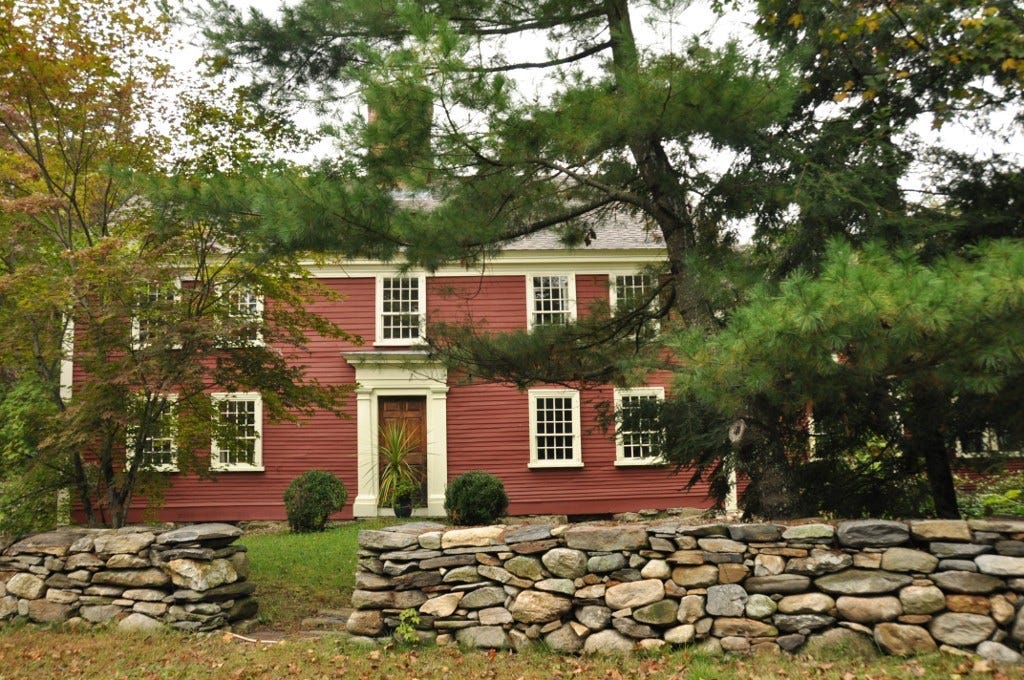
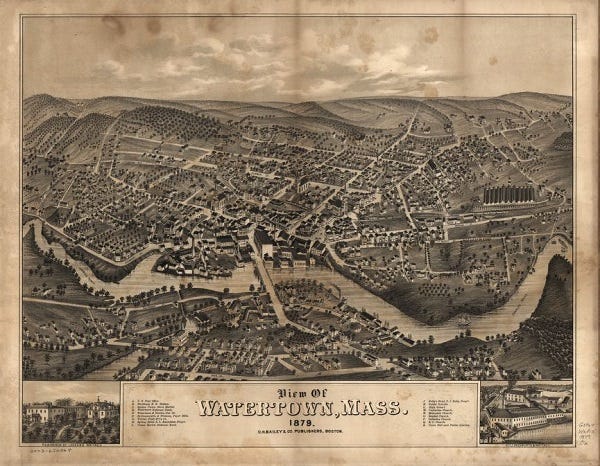


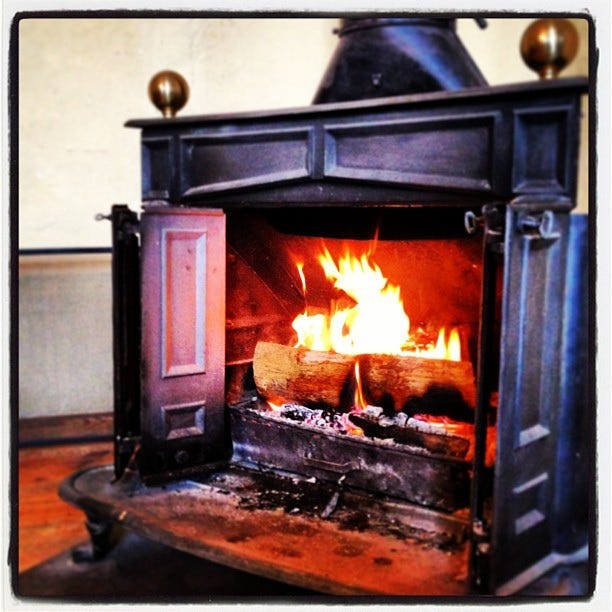


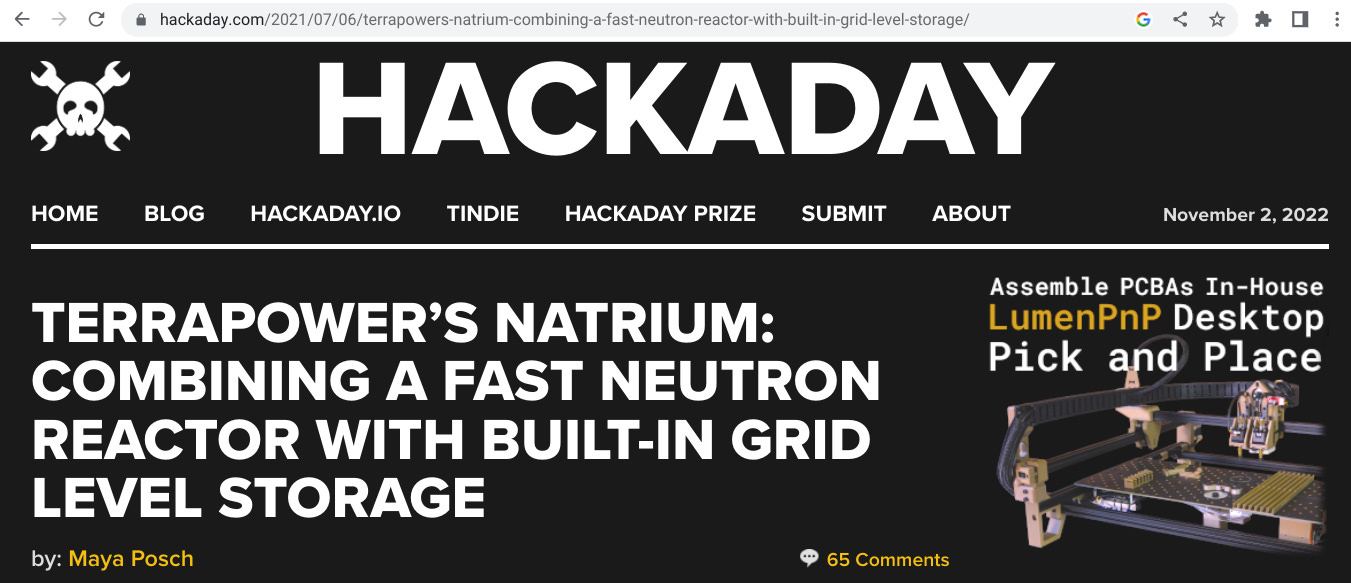
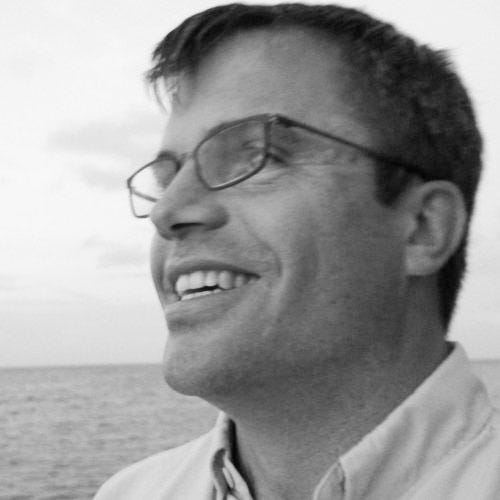
Ben Franklin was really a polymath genius
Moltex Energy has a "peaker" plant concept in their design, allowing a 300 Mw design to put out 900Mw for 8 hours. This is done by storing heat energy in the form of Molten Salt. Moltex calls if GridReserve. We need to support all nuclear research. Nuclear is the future, better late than never.